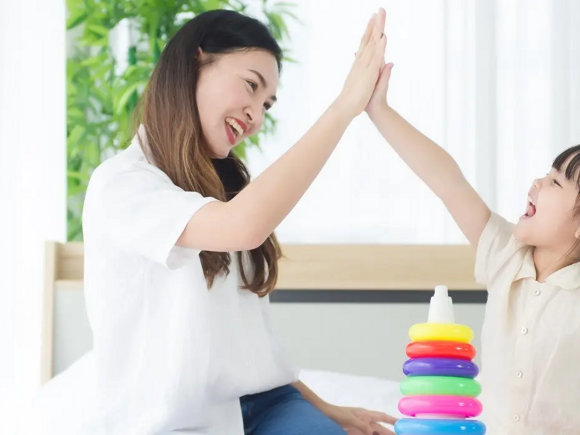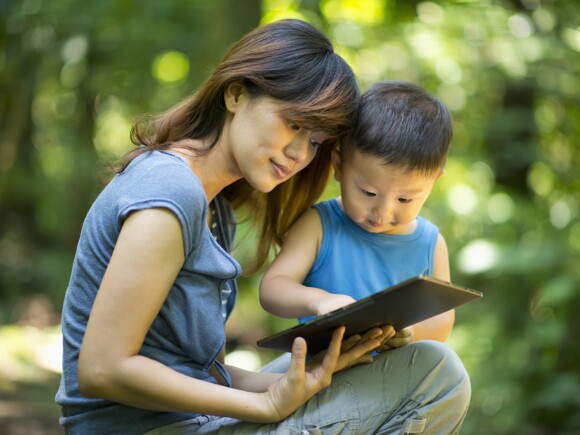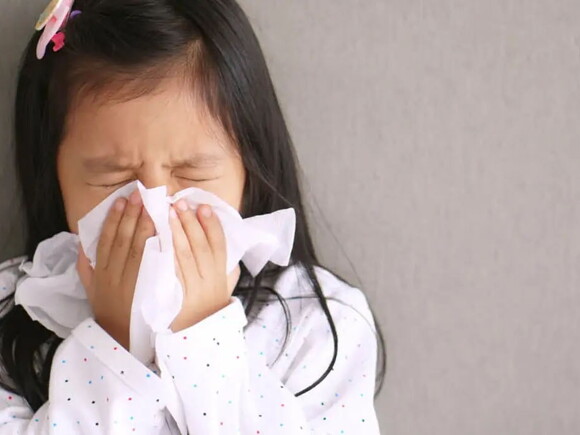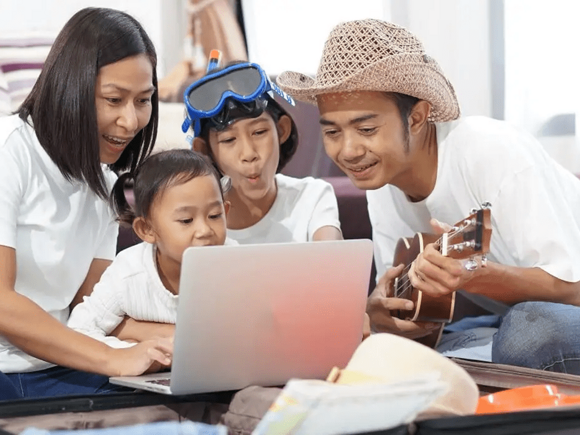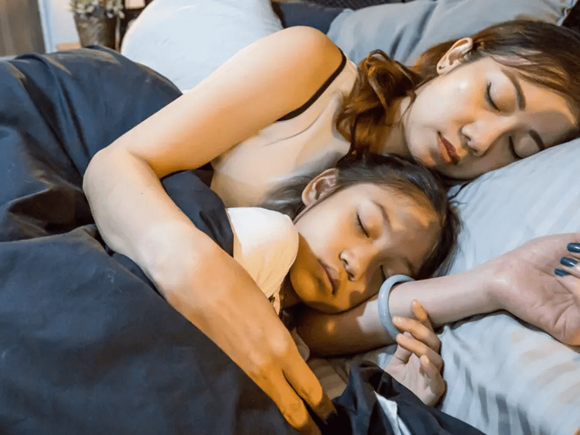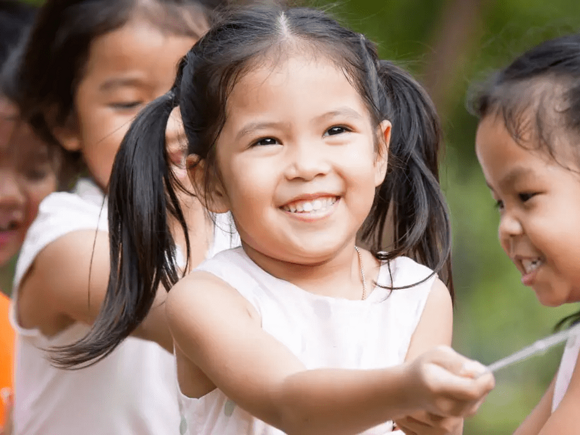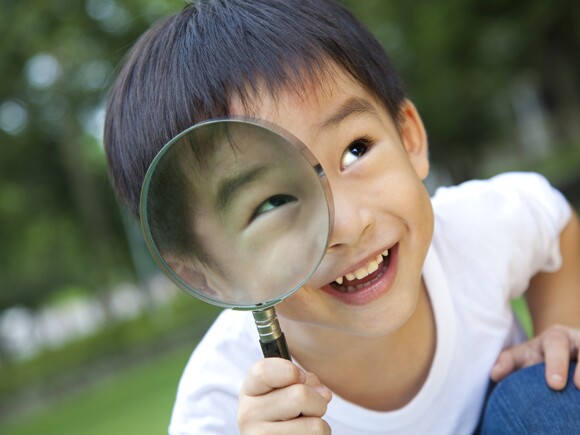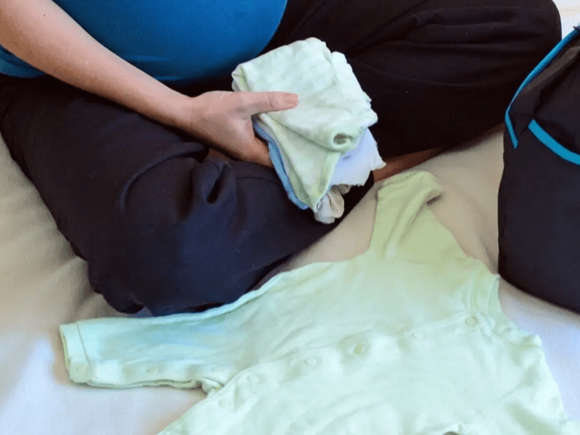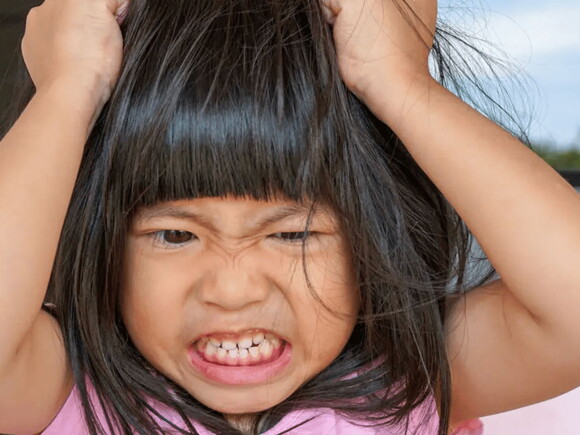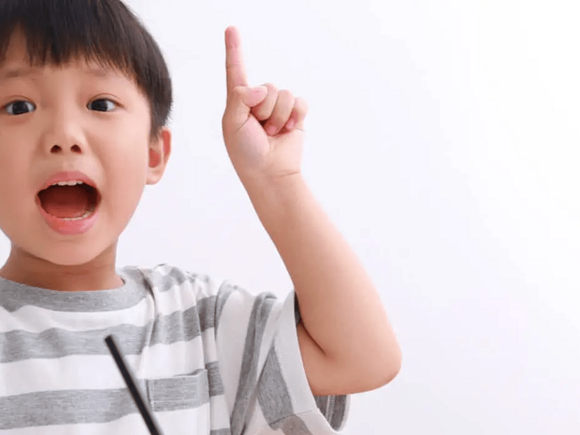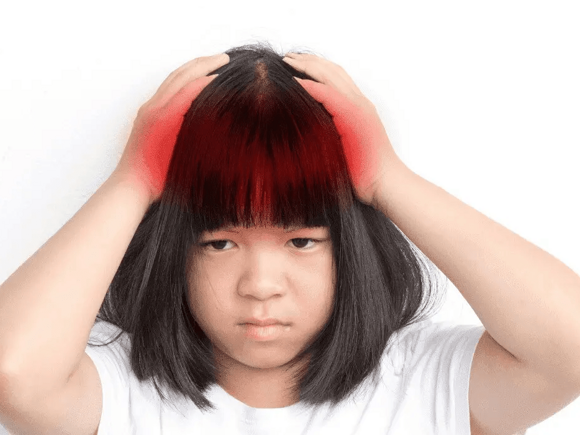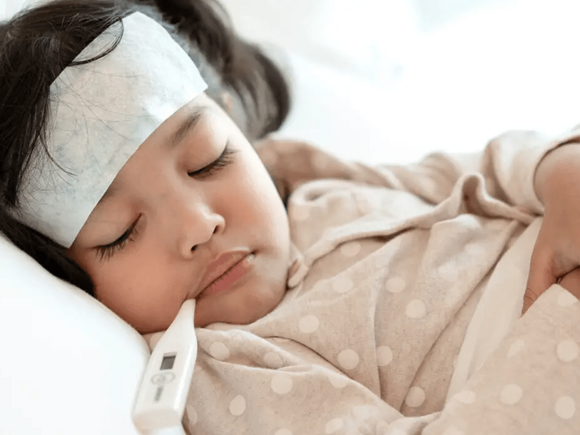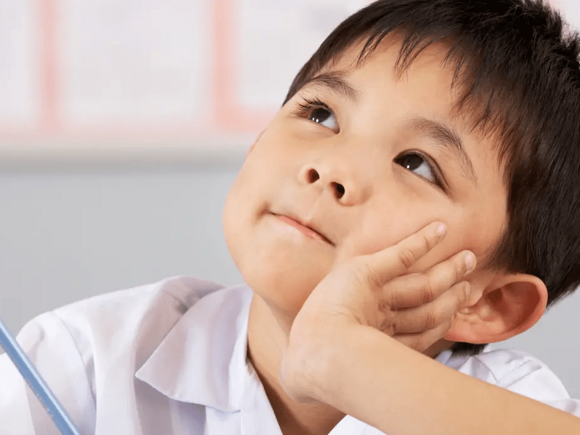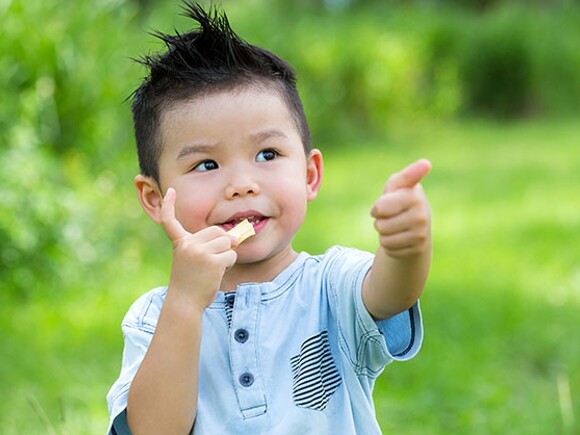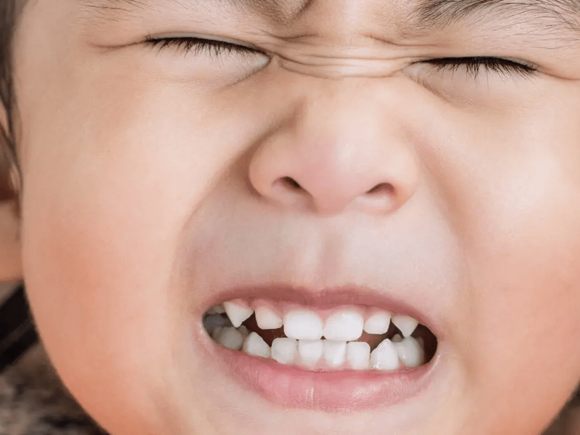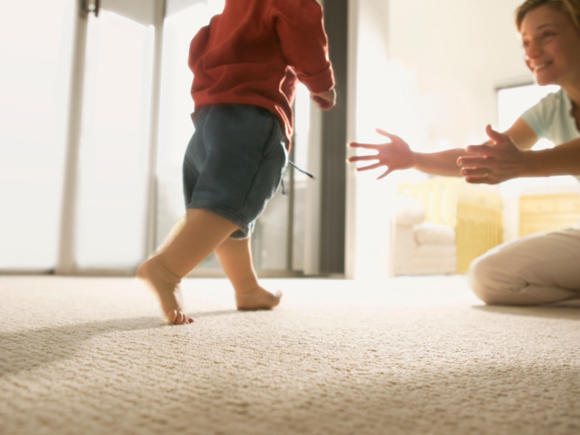Why Play is Essential For Your Kid in Stressful Times
It is undeniable that the post new normal has brought about many unforeseen changes that have caused and continue to cause stress in the household. Parents are concerned about their own health or that of their family members. The changes have led to loss of jobs or income – leading to financial worries. Those who are lucky to still be employed are having difficulty balancing work with family responsibilities as work from home arrangements have blurred the lines dividing the two.
The ease of restrictions during the post new normal give kids the sense of going back to reality slowly but surely. With schools adapting the hybrid set up, kids will be out and about, playing and exploring the world as they are meant to do.
What do psychologists mean by play? Play is “any activity that is freely sought and pursued solely for the sake of individual and group enjoyment” (VandenBos, 2015). Play is an important part of a kid’s development. In fact, play is so vital that it has been recognized by the United Nations High Commission for Human Rights as a right of every kid (Office of United Nations High Commissioner for Human Rights, 1989).
As the activities go beyond the four corners of our homes, parents should make sure that their kids are getting enough play time. The following science-backed benefits of play may just be enough impetus to do so.
- Play is important for healthy brain development. Did you know that 75% of brain growth happens after birth? Childhood play has a great role as it stimulates the brain to make connections between nerve cells. Neural connections are what make seemingly mundane activities such as walking, running, jumping, or detailed tasks such as writing or working with tools possible. Play even until the teen or adulthood years could help foster more connections that help prevent memory loss (National Research Council [US] and Institute of Medicine [US] Committee on Integrating the Science of Early Childhood Development, Shonkoff & Phillips, 2000).
- Play develops a kid’s “theory of mind”. Pretend play as well as reading and story-telling help develop a kid’s “theory of mind”. This is an important social-cognitive skill that involves developing a sense of what others may be thinking. Kids are often self-focused at a young age and have a narrow view of what life is. Forging a strong “theory of mind” will help kids navigate their interpersonal world and form relationships. Though they cannot be with their peers right now, it is still important to continue to hone their social skills and be in tune in with what’s around them. Our world is rife with conflict and division and more than ever, instilling compassion, understanding and empathy for others at a young age is needed.
- Play prepares kids for activities or roles they will encounter as adults. As a kid creates and explores a world that they can eventually navigate in and master, they develop skills that are much needed in adulthood such as self-confidence and resilience. Play, especially kid-driven play, will help kids practice decision-making skills, learn the value of hard work and completing tasks, and discover their areas of interest. Kid-directed play (as in allowing the kid to explore as much without the adult setting rules and boundaries) is especially encouraged as sessions led by adults may stifle a kid’s independence, and they lose some of the benefits play gives such as creativity, mastery, among others.
- Play helps with emotion-regulation and relieves stress. Perhaps the simplest benefit of play is the easiest thing to spot – play brings joy! It boosts kid’s mood and helps them relieve stress. During these hard times, it is important to hold on to activities that make us happy. However, it isn’t also good practice to use play to brush off any of our kids’ difficult emotions. Talk to them about their feelings. In fact, play can be utilized so kids can express and understand their emotions better (by make-believe or storytelling). If they have fears about the post new normal or of the future, play within a safe environment will help them understand that challenges are normal, emotions can be coped with and adapted to the difficult situation, and that at the end of the day most problems have solutions. The key is to allow them to explore different types of play and avoid micromanaging – being there to offer unconditional positive regard.
To learn about kid-directed play or different activities your kids can do at home, or even play therapy, consulting your pediatrician or a child psychologist is best.
Check the playbrain app https://www.wyethparenteam.com.ph/app/#/onboarding to learn about kid-directed play or different activities your kids can do at home, or even play therapy!
For further questions, consulting your pediatrician or a child psychologist is best.
This article is brought to you by PROMIL®. PROMIL® has clinically proven nutrients, helping improve markers of brain development such as memory, focus, language, and problem solving. It is specially designed by experts to bring out the exceptional in your kid.
PROMIL® is the only formula with BOTH MOS+ and DHA clinically proven to nurture a Gifted Brain.
PROMIL GOLD® with brain-boosting Alpha-Lipids is clinically proven to help increase myelination, which supports brain and language development.
Reference
• VandenBos, G. (2015). APA Dictionary of Psychology. Washington, DC: American Psychological Association.
• Office of the United Nations High Commissioner for Human Rights. (20 November 1989). Convention on the Rights of the Child. General Assembly Resolution 44/25.
• National Research Council (US) and Institute of Medicine (US) Committee on Integrating the Science of Early Childhood Development, Shonkoff, J. P., & Phillips, D. A. (Eds.). (2000). From Neurons to Neighborhoods: The Science of Early Childhood Development. National Academies Press (US).
About The Expert
DR. JOSELYN EUSEBIO, Developmental-Behavioral Pediatrician
Dr. Joselyn C. Alonzo-Eusebio is a graduate of Doctor of Medicine from the University of the East Ramon Magsaysay Memorial Medical Center. She had her Pediatric Residency Training in the same institution, after which, she pursued a fellowship in Developmental and Behavioral Pediatrics at UP-PGH. She had had further trainings in Developmental Pediatrics abroad (US and UK).
Dr. Eusebio is involved both in teaching and in clinical practice. For the academe, she’s currently an Associate Professor of the College of Medicine of UERMMMC, and Clinical Instructor at the New Era College of Medicine and St Luke’s College of Medicine. Dr. Eusebio holds various positions including the following: Chairman, Department of Pediatrics, UERMMMC; Head, Section of Developmental and Behavioral Pediatrics at National Children’s Hospital; Vice-President, Philippine Pediatric Society and the Perinatal Association of the Philippines.
She’s a much sought-after speaker in conferences, scientific symposia, lay fora, here and abroad, both in platforms and in media, most especially on the topic of child development and behavior.
The views and opinions expressed by the writer are his/her own, and does not state or reflect those of Wyeth Nutrition and its principals.










